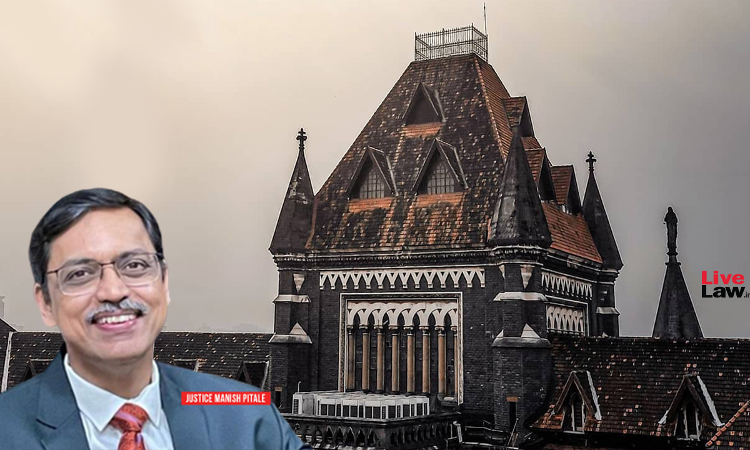Arbitrators Can't Unilaterally Modify Fee, Needs Parties' Consent: Bombay High Court
Rajesh Kumar
10 Feb 2024 11:00 AM IST

Next Story
10 Feb 2024 11:00 AM IST
The Bombay High Court bench comprising Justice Manish Pitale held that any amendments, revisions, or modifications in fees of an arbitrator must only occur with the consent of the parties, as outlined in the tripartite agreement and per Schedule IV of the Arbitration and Conciliation Act, 1996. The High Court also held that the arbitrator is not bound by the strict rules of the CPC and...
